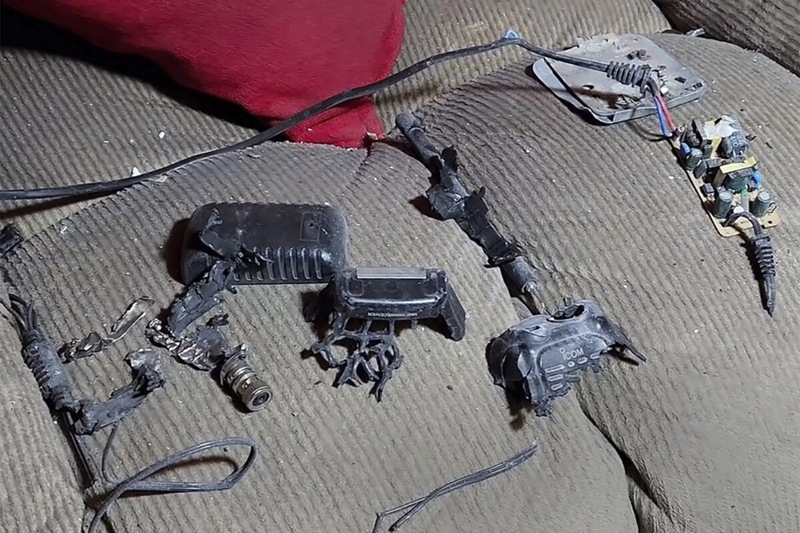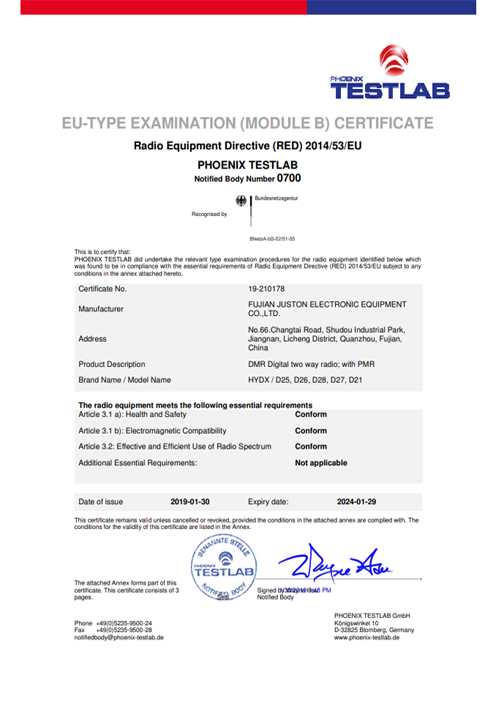The walkie-talkie explosion in Lebanon has attracted global attention and profound reflection on the safety of communication equipment.

Several potential causes may have led to this tragic explosion in Lebanon. Firstly, experts speculate that the 2 way radios might have been internally rigged with explosive detonators. Modern communication devices typically house components such as batteries and circuit boards; if maliciously fitted with explosive devices, such as mini detonators, during manufacturing or supply chain processes, these devices could be remotely triggered upon receiving specific signals or meeting preset conditions, leading to explosions.
Secondly, issues with the walkie-talkie's battery could also be a cause of the explosion. Although modern battery manufacturing processes are relatively mature, lax quality control or design flaws can still lead to explosions due to overheating or short circuits. However, considering the scale and impact of this explosion, mere battery failure seems insufficient to account for the entire situation.

Furthermore, some analyses suggest that these communication devices might have been modified at the production level, with undetectable explosives implanted. Such actions could involve complex supply chain infiltration and exploitation of security vulnerabilities. If true, this not only exposes significant flaws in equipment manufacturers' supply chain management but also poses a serious challenge to global safety standards for communication devices.
In the meantime, the incident in Lebanon has also alerted global manufacturers to the importance of product safety. In contrast, the walkie-talkies produced by Juston Electronic Equipment Co., Ltd. strictly adhere to international safety standards and undergo rigorous quality control from design to production.
International Safety Certifications: Juston walkie-talkies have obtained international safety certifications such as CE, FCC, IC, and RoHS, signifying compliance with global safety standards.
